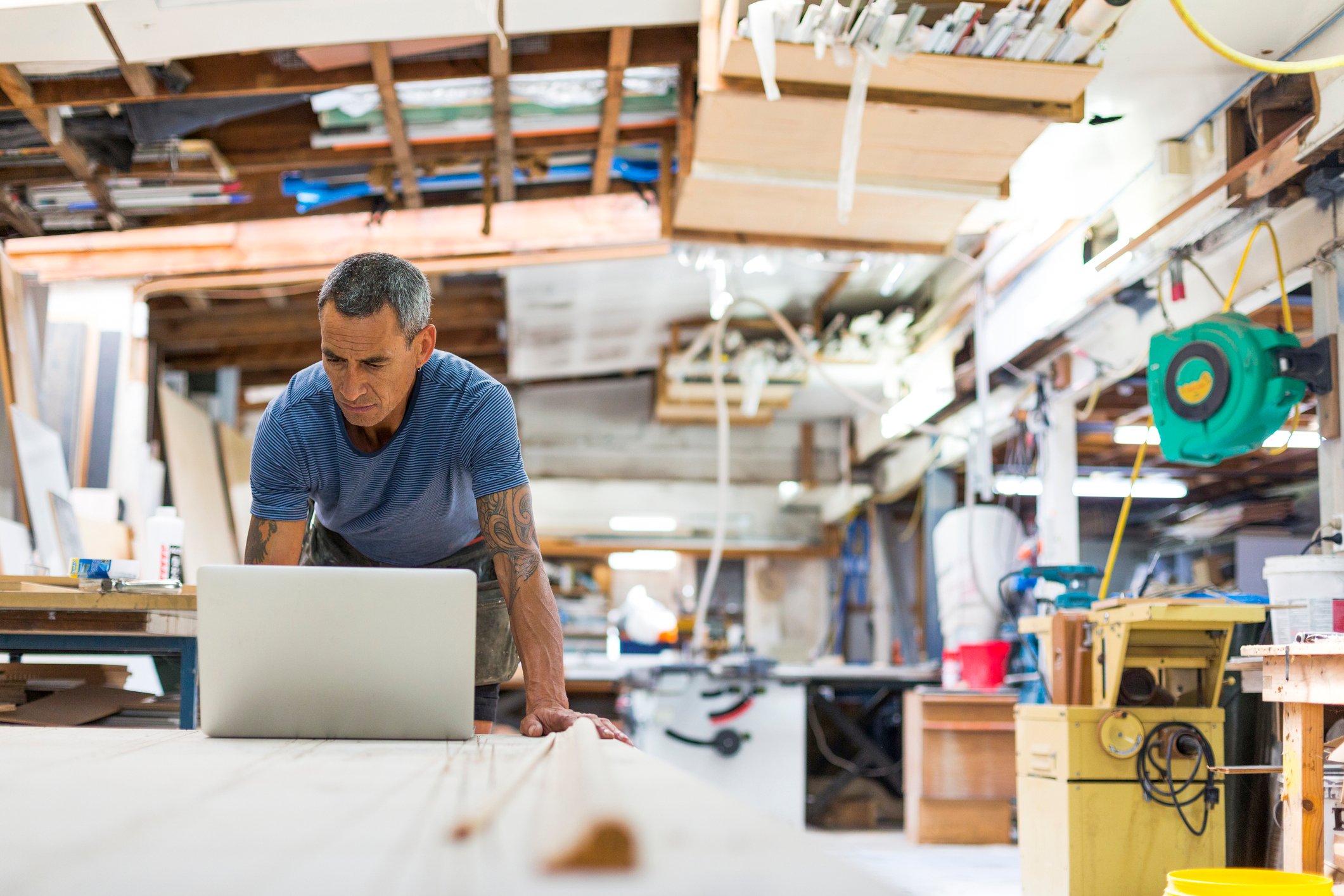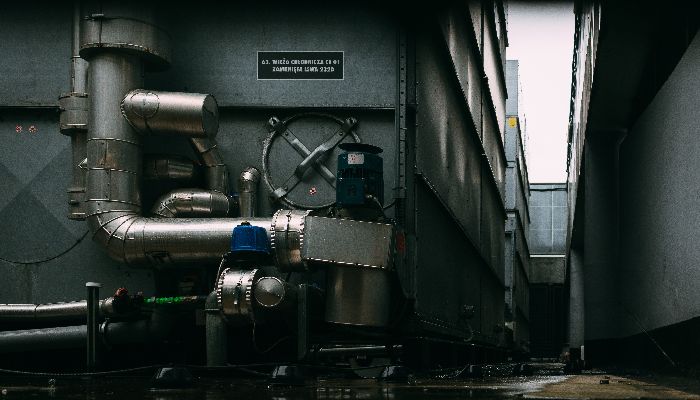Buildings are supposed to be constructed to last. At least for a decade with regular maintenance work ensuring everything is in good shape. However, if you’re not able to get the right products or devices to fit into your spaces, it could become harder for you to maintain, with upkeep and replacement costs biting into your bill.
Good quality hardware products and their value cannot be underpinned because they are, in essence, an excellent long-term investment. Apart from their aesthetic value, they can go a long way in helping you maintain a properly functioning, well-balanced, and well-maintained space, wherever you are.
.



